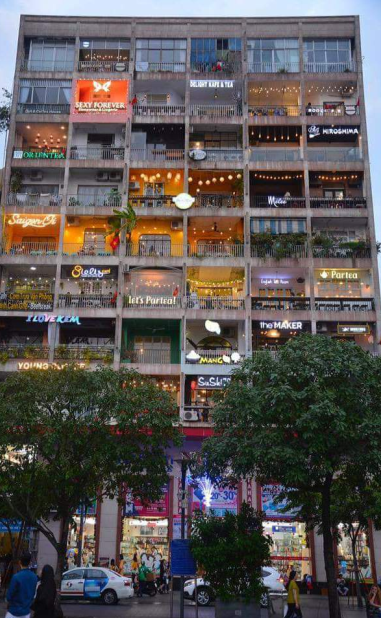
The Law provides regulatory conditions for residential property ownership in Vietnam. The new law which took effect on 1 July 2015 allows foreigners granted entry into Vietnam to buy residential properties in the country.
Private ownership of land is not recognized in Vietnam. Under the laws, the Vietnamese hold all ownership rights with the State as the administrator on their behalf. However, the laws of Vietnam allow the individual person or corporate entity to have ownership of a right to use land as the land user. Such right is called the land use right (“LUR”). A building, house or apartment constructed on land may be owned where a person has a consolidated legal document called as “Certificate of Land Use Right and Ownership of House and Other Assets on the Land” (or in short as the “Pink Book”).
Foreign individuals: who are granted entry into Vietnam and not entitled to privileges and diplomatic immunity. Detailed documentation: valid passport affixed with an entry stamp by the immigration authority of Vietnam and such individual must not be in the category of people entitled to preferential treatment or diplomatic immunity.
Foreign entities: who are foreign-invested enterprises, branches and representative offices of foreign enterprises, foreign funds, and branches of foreign banks duly operating in Vietnam.Detailed documentation: an investment registration certificate or document proving permission to operate in Vietnam (both referred to as investment registration certificate or IRC) as issued by the competent agency of Vietnam and effective as at the time of entering into the residential housing attraction.
Foreign individuals granted Pink Books for their residential property in Vietnam will be entitled to ownership and use rights similar to the local Vietnamese, except for certain restrictions including purchase limit & ownership tenure (as discussed in Section 2.5 below). These rights include without limitations:
- To use their houses for residential and other purposes not prohibited by law
- To maintain, renovate, demolish, or rebuild their houses in accordance with conditions and procedures of Lawson Construction
- To carry out real estate transactions on their properties such as selling, leasing, mortgaging, bequeathing, etc., in accordance with conditions and procedures of Lawson Real Estate Business
To receive the compensation in accordance with market price as prescribed in Laws when the State demolishes, purchases compulsorily, or commandeers their houses for the purposes of national defense and security, socio-economic development, disaster prevention, or in the state of wars or emergencies and To file complaints, denunciation, or lawsuits over violations against their lawful ownership rights.
Foreign entities can use their properties with similar rights as mentioned but only as accommodation available to their staff. Such nights are also subject to certain restrictions including purchase limit and ownership tenure (to be provided below). To clarify, foreign entities are not allowed to use their houses for business including sublease, offices for other purposes.
Foreign homebuyers are not required to reside or work in Vietnam to be eligible for house ownership.
Despite the difference in tenure of ownership for foreign and local homebuyers, there is no difference in the purchase price between a local and foreign purchaser.
(a) 30% of the total units within one condominium complex; (b) 10% of the total separate landed homes within one residential compound or (c) 250 homes within an administrative unit equivalent to award.
In case the foreigners receive or inherit house(s) in a particular area where housing quota for foreigners has been met, they are only entitled to the value of the house(s).
Three (03) months prior to the expiry of ownership duration, foreign homeowners can apply for tenure renewal which must not exceed fifty (50) years. They can also sell or bequest their property. If the foreign homeowner fails to do so before the expiry date, his/her property will be converted into the State property.






